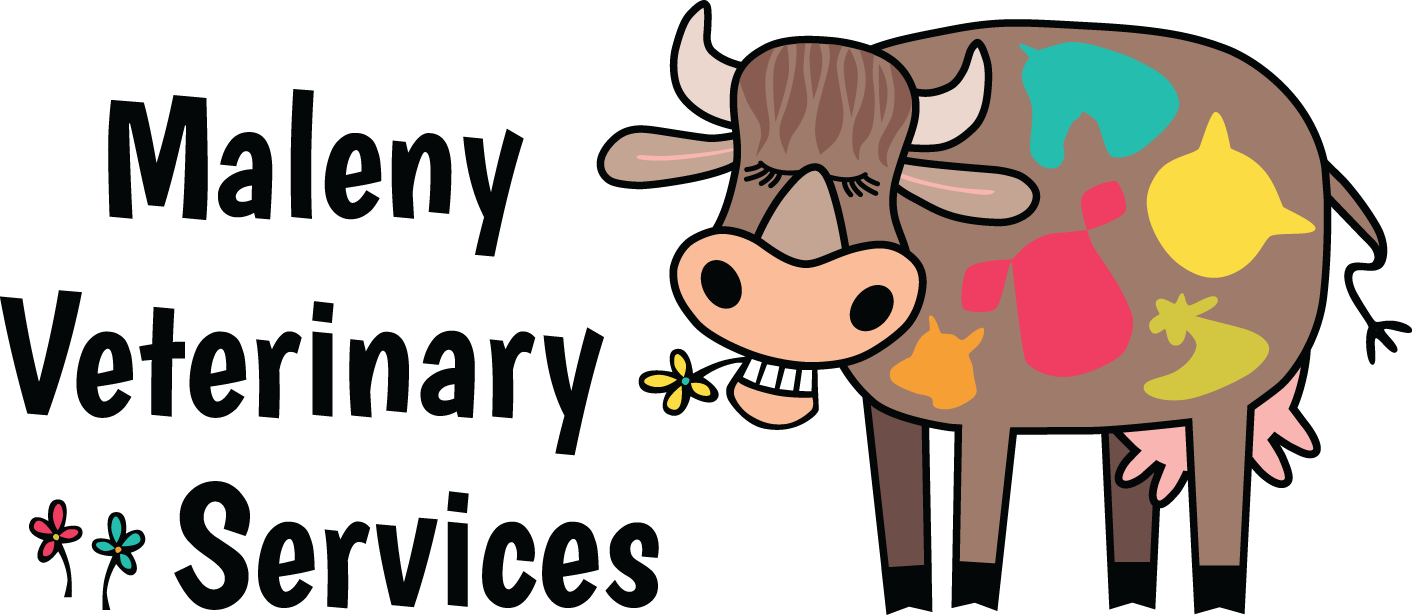Just like humans, pets’ teeth need looking after too! The health of their teeth and gums has a significant impact on their overall quality of life. Imagine how your mouth would feel and smell if you never brushed your teeth. Imagine having a really bad toothache and not being able to tell anyone about it! Our pets are vulnerable to gum disease and problems with their teeth. Alarmingly, 80% of dogs and 70% of cats suffer from some form of dental disease by the age of three.
Dental disease begins with a build-up of bacteria in your pet’s mouth. Bacteria, combined with saliva and food debris, can cause plaque to accumulate on the tooth. Plaque sticks to the tooth surface above and below the gum line and if not removed will calcify into tartar (also known as calculus). This appears as a yellow-brown material on the teeth. Over time the bacterial infection in tartar causes irreversible changes to occur. These include the destruction of supportive tissues and bone, resulting in red gums, bad breath and loosening of teeth. This same bacterial infection is also a source of infection for the rest of the body (such as the kidney, liver and heart) and can make your pet seriously ill. Ultimately, dental disease results in many pets unnecessarily suffering tooth loss, gum infection and pain. It also has the potential to shorten your pet’s lifespan.
Common signs of dental disease (in order of severity) include:
- Bad breath
- Yellow-brown tartar around the gumline
- Inflamed, red gums
- Change in eating or chewing habits (especially in cats)
- Pawing at the face or mouth
- Excessive drooling
- Pain or bleeding when you touch the gums or mouth
If your pet is showing any of these signs of dental disease please call us on 07 5494 3622 or book online to see one of our veterinarians. Early assessment and action can save your pet’s teeth!
How can I prevent dental disease?
Long-term control and prevention of dental disease requires regular home care. The best way to begin this is to accustom your pet from an early age. Dental home care may include:
- Brushing teeth daily – just like us! This is the best form of dental hygiene. Pet toothbrushes and toothpaste are now available. Please do not use human toothpaste formulas on your pet as they are not designed to be swallowed and may be toxic.
- Feed pets raw meaty bones or special dental diets. This can help reduce the accumulation of tartar.
- Use dental toys, enzymatic chews or teeth cleaning biscuits, all of which may help keep the teeth clean.
- Please remember to take these bones, chew and biscuits into account when calculating your pet’s daily calorie intake.
Regular and frequent attention to your pet’s teeth may avoid the need for a professional dental clean under anaesthetic, and will also improve your pet’s overall health.
What if my pet has dental disease?
Firstly, you should have your pet’s teeth examined by one of our veterinarians on a regular basis and if necessary, follow up with a professional dental clean. Your pet needs to be anaesthetised to carry out a thorough dental examination, and to clean all teeth without distressing them. Once anaesthetised, a complete dental examination is carried out. This process involves charting all present teeth and evaluating their condition, including the degree of tartar, gingivitis (gum inflammation) and any pockets in the gums around the teeth. Our veterinarians will then remove the tartar above the gumline using a special ultrasonic scaler, just like a dentist uses for our teeth. The teeth are then polished using a dental polisher and specialised fine-grade paste. If the dental disease is not severe, the procedure will end here. However, if certain teeth are so severely affected they cannot be saved, extractions will be necessary. In some cases, gum surgery is required to close the holes left behind when a tooth is extracted, and dissolvable stitches are used for this procedure. Once all dental work is completed, your pet may be given an antibiotic and an anti-inflammatory injection, the anaesthetic gas is turned off, and your pet is allowed to wake up. If your pet has had a tooth extraction we recommend feeding chunks of uncooked fresh meat for 5-7 days after the dental. Pets are generally able to go home on the same day.
Following a professional dental clean, a plan needs to be implemented to minimise build-up of tartar again, and will depend on the severity of your pet’s dental disease. This may involve regular tooth brushing, feeding raw meaty bones and/or a special diet. It is recommended that all pets be examined 6 months after dental cleaning to determine the effectiveness of your dental care routine.
We are open seven days a week so if you have any questions, please give us a call on 5494 3622 or book online!
